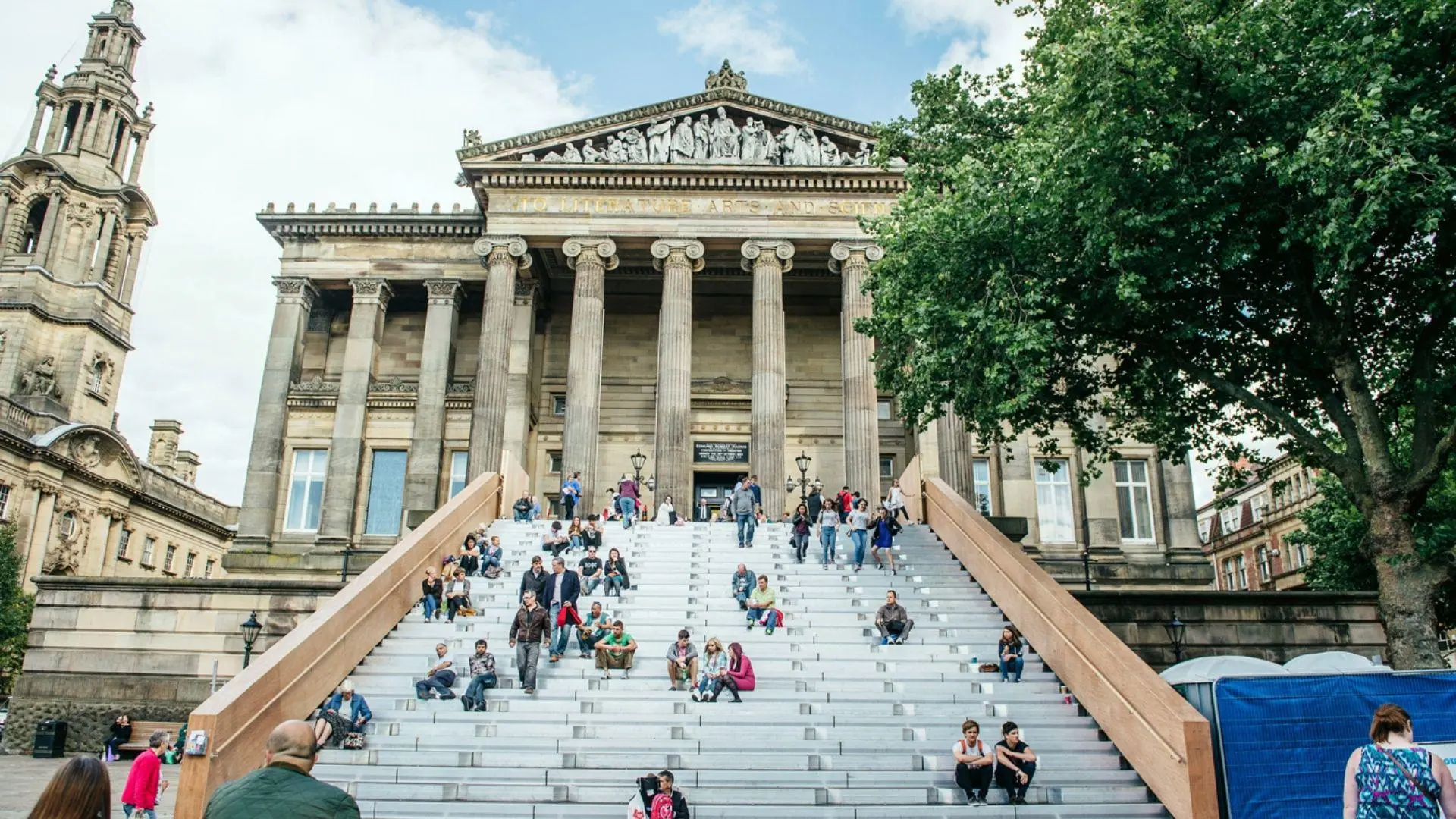Trade union style banners hold a significant cultural position in many working-class communities. They represent strength in unity for communities and social groups tackling common challenges. Social solidarity through art is highly valuable for invisible disabilities like dementia.
Through a series of collaborations with dementia and Alzheimer’s support groups, Reader Practitioner Ian Beesley has co-created a series of trade union style banners to promote the experiences, challenges and activism of these groups. The banners have helped to invigorate social campaigns that have led to policy changes for the benefit of people living with dementia, including improved access to public transport. The process of co-production and exhibiting, bringing together banners from groups from across the country, has had a profoundly transformative impact on support group members, relatives, carers and the public who have experienced the challenges faced by loved ones living with dementia. Support group members have been empowered to overcome the societal challenges of a dementia diagnosis and feel that they remain valued members of society.
"…when you have a diagnosis you can sometimes feel that you are a bit useless and you’re not needed anymore and how am I going to contribute to society? Doing something like this [the banners] has helped people feel valued."
— Services Manager for the Alzheimers Society
Banners produced have been exhibited at Exeter Library in 2019, before beginning a national tour with further exhibitions in Poole, Preston, Leeds, and London. As highly symbolic cultural artefacts they became rallying points for these invisible communities allowing them to re-engage with contemporary challenges and re-invigorate contemporary activism through their personal histories and experiences. Following one event at York Station, Northern Rail engaged to provide advice on redesigning timetables to make them more dementia friendly. As a result of Beesley’s development of a campaign to extend the Blue Badge Scheme to people with hidden disabilities such as dementia the government approved calls for blue badges to be made available to people with hidden disabilities.
Research team
- Ian Beesley

